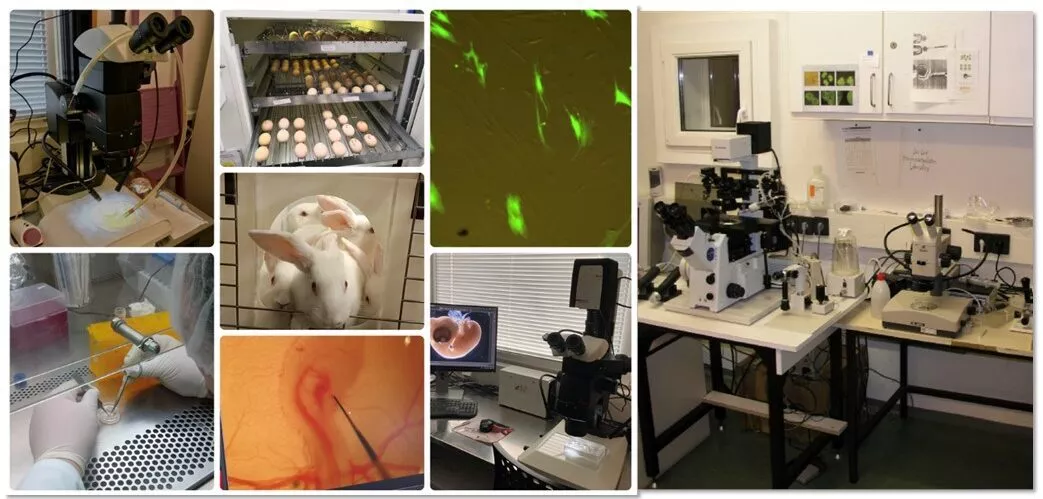Microbiological studies conducted at the Agribiotechnology and Precision Breeding for Food Security National Laboratory have identified two DNA segments of the salmonella bacterium that are accountable for the dissemination of antibiotic resistance among bacteria. Innovative precision breeding technologies are under development in the fields of plant and animal biotechnology, enabling the efficient and safe implementation of targeted genetic modifications without the need for introducing foreign genes.

The Agribiotechnology and Precision Breeding for Food Security National Laboratory (Agribiotechnology NL) is one of the largest ventures in Hungarian agricultural research, and it started its operations in 2022. The national laboratory, established through a consortium collaboration comprising the HUN-REN Centre for Agricultural Research (HUN-REN CAR), the Hungarian University of Agriculture and Life Sciences (MATE), and the HUN-REN Biological Research Centre, Szeged (HUN-REN BRC), focuses on the comprehensive study of the complex system formed by microbes, plants, and animals.
One of the most significant challenges in human and animal healthcare is the rapid spread of antibiotic resistance, an issue addressed by researchers in the Microbiology Section of the Agribiotechnology NL. Recently, researchers successfully identified two DNA segments in the genetic material of resistant salmonella gut bacteria that enable the transfer of resistance-causing genes to cells of other bacterial species, thereby spreading antibiotic resistance among bacteria.
The climate crisis, the spread of diseases and pathogens, and water scarcity worldwide threaten safe food production. To address these challenges, researchers in the Plant Biotechnology Section of the Agribiotechnology NL are developing efficient and safe plant breeding technologies and creating food and feed crop varieties resistant to diseases and extreme environmental factors. They are working on creating wheat, barley, maize, and potato varieties that are resistant to quarantine bacteria (Ralstonia solanacearum) and the fungus causing potato late blight. The selection and mutation of target genes have already been completed for the production of resistant potato varieties, and resistance testing is underway. For the production of cereal varieties resistant to fungal pathogens such as powdery mildew and Fusarium, researchers have developed a genome editing system that allows for the creation of precise mutations in wheat without the introduction of foreign genes.
In the Animal Biotechnology Section, precision breeding procedures are being developed for mammals and birds. The primary objective is to create beneficial gene variants contributing to food security and resistance against mycotoxins by optimising the editing of numerous selected genes. Researchers have successfully identified several monooxygenase enzymes involved in the detoxification process in rabbits, which may play a role in the breakdown of mycotoxins.
The project with the reference number RRF-2.3.1-21-2022-00007, under Széchenyi Plan Plus, will receive a total of HUF 2.431 billion in grant funding from the European Union over a period of 4 years.